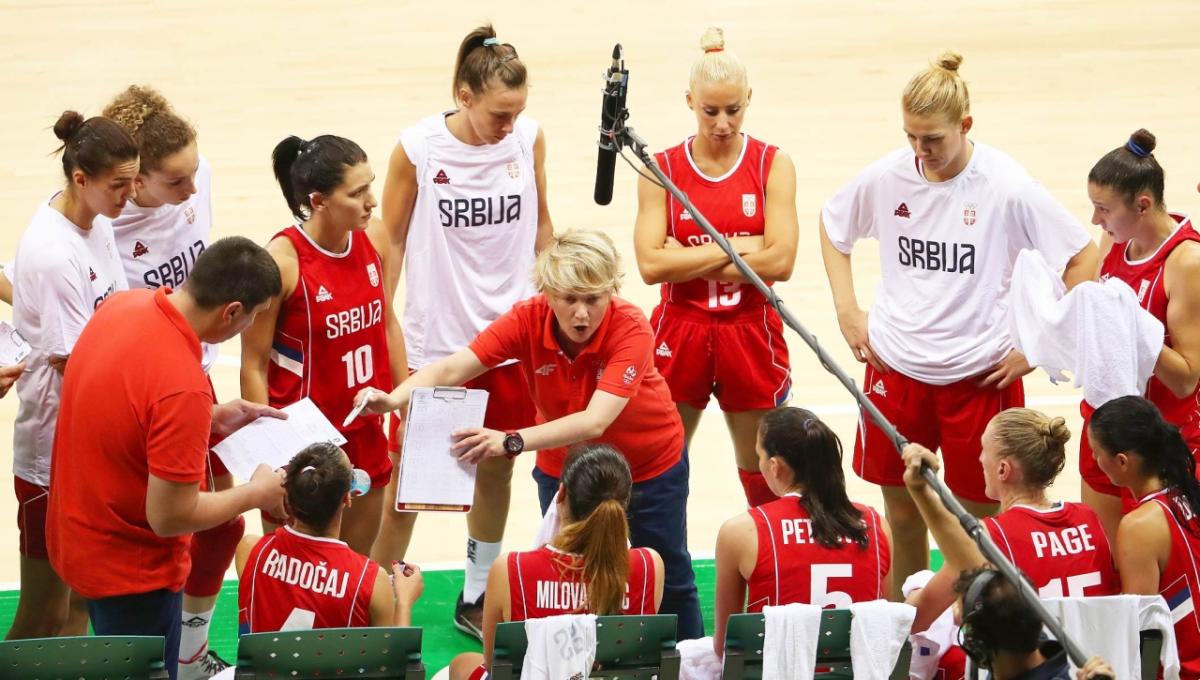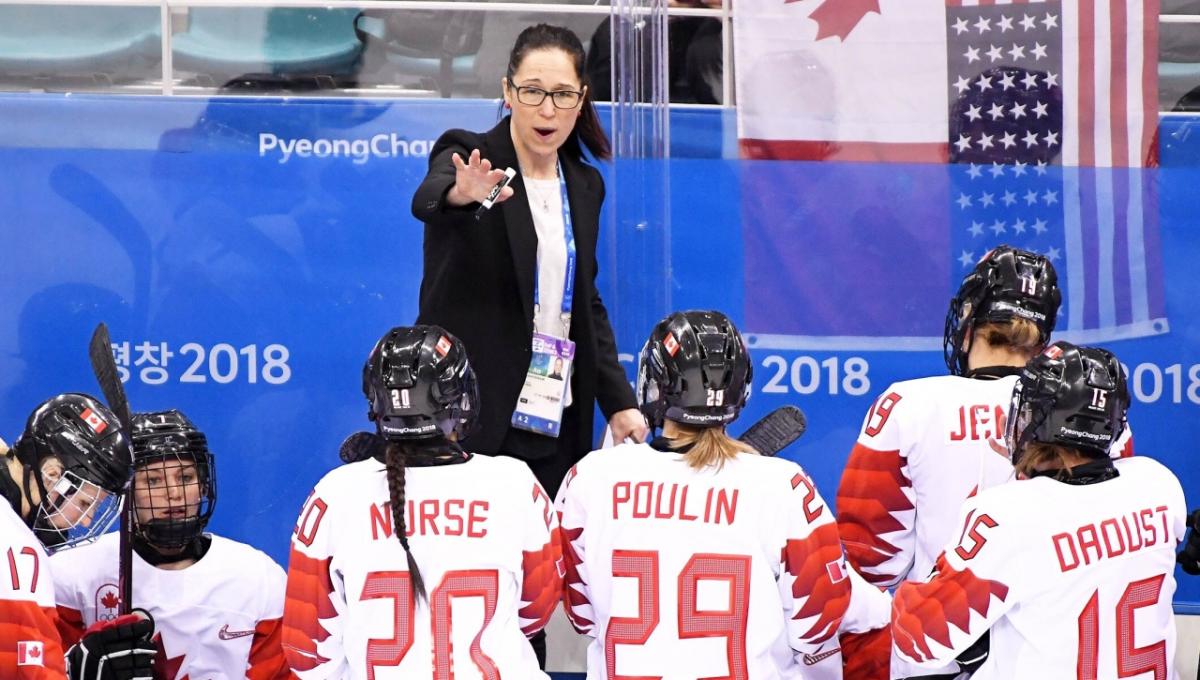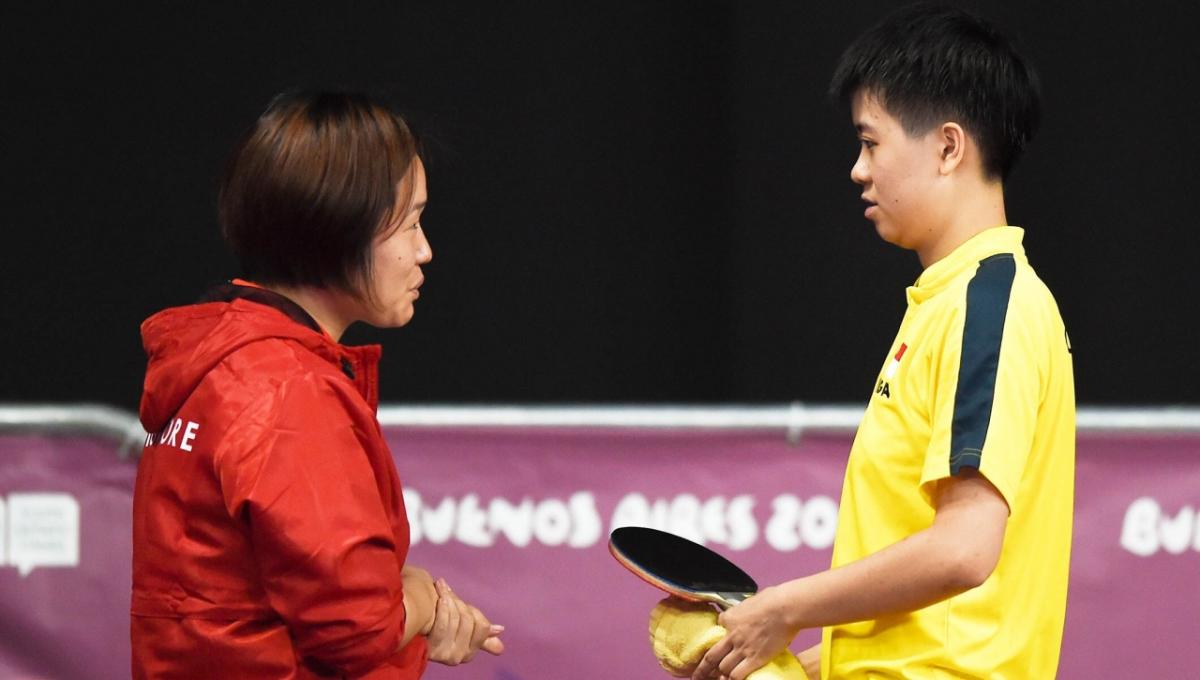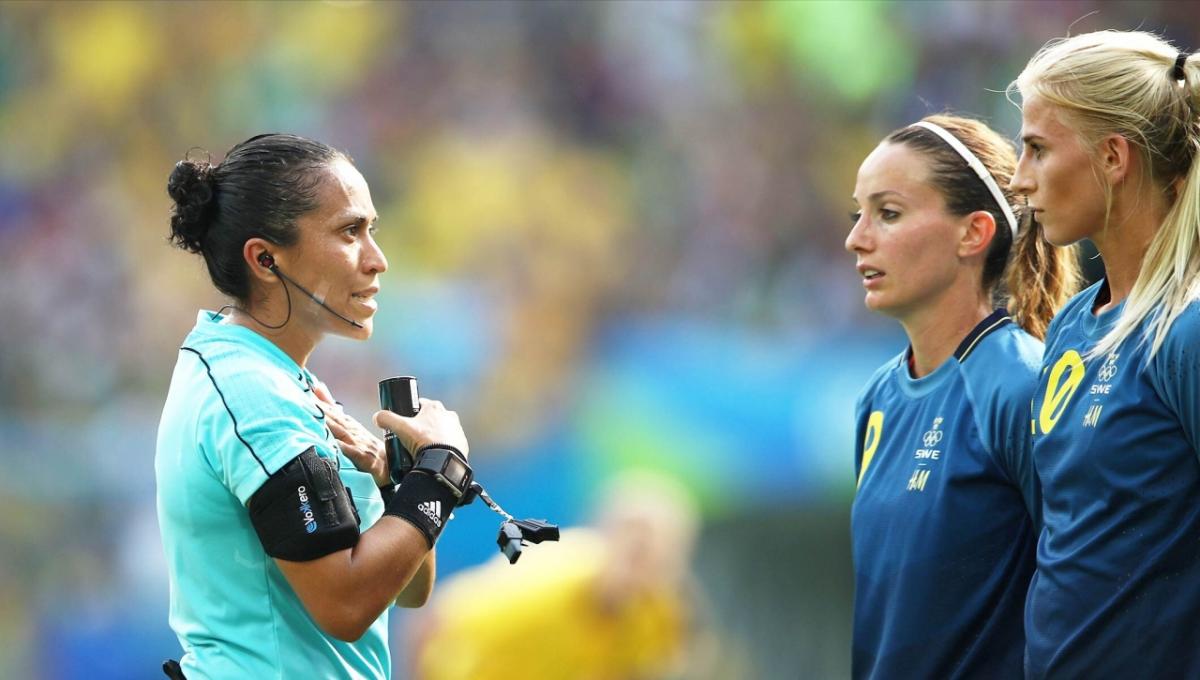Sports Federations Leading the Way to Increase Percentage of Female Coaches and Technical Officials
International Olympic Committee
Women’s sport has made significant progress recently, but efforts to ensure gender balance on and off the field of play continue. Just 10 per cent of accredited coaches at the Olympic Summer and Winter Games over the past decade were female, with women accounting for 30 per cent of technical officials over the same period.
The latest in a series of six online sessions was devoted to sharing concrete examples of programmes that sports federations can implement in order to ensure a higher percentage of female coaches and technical officials in the future.
Chair of the IOC Women in Sport Commission Lydia Nsekera, who opened the online session, was clear in laying out what needs to be done. “Having achieved parity for athletes in the venues, we absolutely must implement strategies to reach the same objective for coaches and officials,” she said, before quoting activist Marian Wright Edelman: “You can’t be what you can’t see.”
ENCOURAGING AND EMPOWERING FEMALE COACHESSheilagh Croxon, Women’s Coaching Internship Programme (WCIP) Director at the Commonwealth Games Federation, was the first to step up and show the power of this phrase during the opening Leadership: Developing the pool of female coaches webinar. She illustrated how the WCIP at the Gold Coast 2018 Commonwealth Games had resulted in 95 per cent of interns finding other national or international coaching opportunities within nine months.
All 20 of the female interns were matched with a personal mentor, given significant professional support pre- and post-Games and integrated within a tight-knit community. Croxon noted that it was the Federation’s role to “find creative ways to get the women the experience they need, so they can’t be overlooked anymore."
World Rugby was next up, with Katie Sadleir, the General Manager of Women’s Rugby, explaining how the organisation is taking a holistic approach focusing on diversity in coaching. She noted that “One thing will not fix this. Internships are great, but if you don’t have real buy-in from the unions to the changing face of coaching, just running a training course will not fix it. Understanding that it’s a long system change and being committed to a culture change at every level are vital to getting there.” World Rugby has set an important goal that its holistic solution, including its coaches database, an internship programme and the Women Coaching Rugby toolkit released in May 2020, will help ensure that 40 per cent of all coaching staff will be female at the 2025 Women’s Rugby World Cup.
HIGHLIGHTING THE IMPORTANCE OF FEMALE OFFICIALSIn a similar vein, the second webinar focused on IFs’ proactive recruitment and training of more female technical officials. The International Cycling Federation (UCI) has been doing just that. In 2018, 16 per cent of international commissaires (a UCI-affiliated official who ensures races are run in line with its stipulations) were women. To increase this number, the UCI has set quotas stating that 30 per cent of national commissaire training course attendees must be women. “We wanted to ensure firstly to have a pool of female national commissaires who could be trained for international events, so we set up several initiatives including dedicated courses to support their skills,” said Morgane Gaultier, Sports Project Manager at the UCI. “We also pushed National Federations to work with us and act in this direction.” Among other measures, the UCI has also drawn up a toolkit of best practices.
A presentation from the Badminton World Federation (BWF) showed how funding can be used to bridge the gender gap. Sharon Springer, BWF Education Resources Manager, said: “BWF has always been committed to the role of women in our sport, and since 2016, when we started to be more involved in the IOC gender equality initiatives, we began to increase our efforts.”
The organisation discovered that the higher the level of officials in badminton, the less likely it was that they were female, with women accounting for just 24 per cent of referees in 2016. “As a consequence, we decided to develop a strategy including various actions, such as gender equality grants and mentorship programmes,” added Springer. Thanks to the provision of scholarships enabling national female technical officials to progress to international level, alongside several other schemes, this number is now up to 33 per cent.
The final sessions of the webinar series, focusing on Safe Sport and Portrayal, will take place on 23 September, with the LinkedIn community Working Towards Gender Equality in Sport still the place to go to find information and share experiences.





